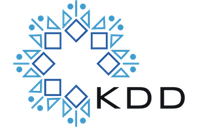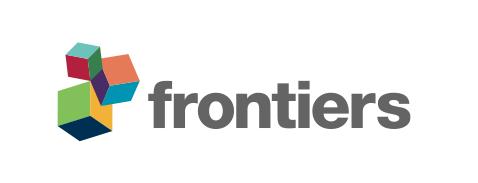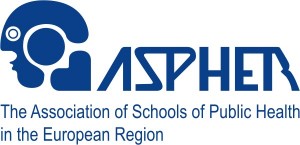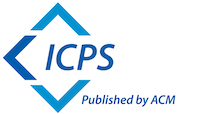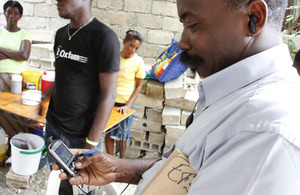
Thursday 21st November 2019 at 09:00 – 10:00, Les Goudes 1
SESSION OVERVIEW:
The panel will address the potential benefits and challenges in applying digital technologies to humanitarian scenarios. Key themes are (1) empowering the individual (or the beneficiary) and informal
Some of the barriers to experiencing the benefits from digital technologies include ability to effectively reach the target groups; public perception: show them the benefits and allay fears arising from uncertainty and hence the need for empowerment, financing: funding for efforts to transition to digitally-enabled practices, incentives: mechanisms to encourage sharing resources that ensure use and hence the longevity of digital resources and governance: structures, regulatory practices and ethical guidelines to secure responsible use of digital resources and conserving privacy and common good.
SPEAKERS:

President of the EUPHA section of Migration and Ethnic Minority Health / Co- Chair Lancet Migration

Empower Swiss
Talk outline: Experience of scaling learning and knowledge diffusion across 25 countries and customization by language and type of content to ensure cost-effectiveness. Digital Learning Platforms can be designed and deployed to enable countries to develop independently.

British Red Cross
Talk outline: Experience of supporting the 2018/2019 Ebola response in Democratic Republic of the Congo with remote information management and mobile data collection. Katherine’s work was provided as part of the BRC Maps Team and SIMS (Surge Information Management Support) for international surge work

Director ‘Smart Care’, CGI Healthcare and Life Sciences
Talk outline: Experience of designing national-scale digital platforms in health and government in Norway. The role of digital health products that use data; how can “digital” serve the objectives of the individual (empowerment), care professionals (practices and collaboration) and society (policy and financing). What then are the key barriers to making “digital” work for society; inclusion, self-enablement, collaboration in service delivery and translating research to innovation.


